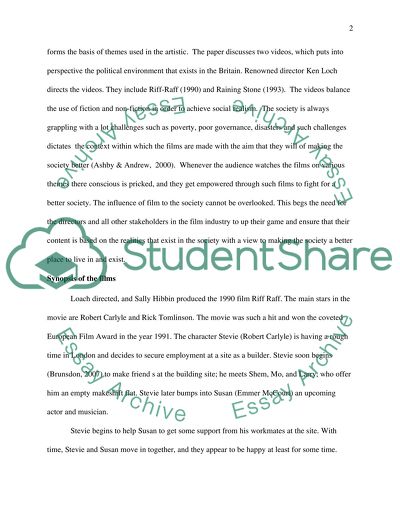Cite this document
(“British cinema Essay Example | Topics and Well Written Essays - 3000 words”, n.d.)
British cinema Essay Example | Topics and Well Written Essays - 3000 words. Retrieved from https://studentshare.org/journalism-communication/1489463-british-cinema
British cinema Essay Example | Topics and Well Written Essays - 3000 words. Retrieved from https://studentshare.org/journalism-communication/1489463-british-cinema
(British Cinema Essay Example | Topics and Well Written Essays - 3000 Words)
British Cinema Essay Example | Topics and Well Written Essays - 3000 Words. https://studentshare.org/journalism-communication/1489463-british-cinema.
British Cinema Essay Example | Topics and Well Written Essays - 3000 Words. https://studentshare.org/journalism-communication/1489463-british-cinema.
“British Cinema Essay Example | Topics and Well Written Essays - 3000 Words”, n.d. https://studentshare.org/journalism-communication/1489463-british-cinema.


